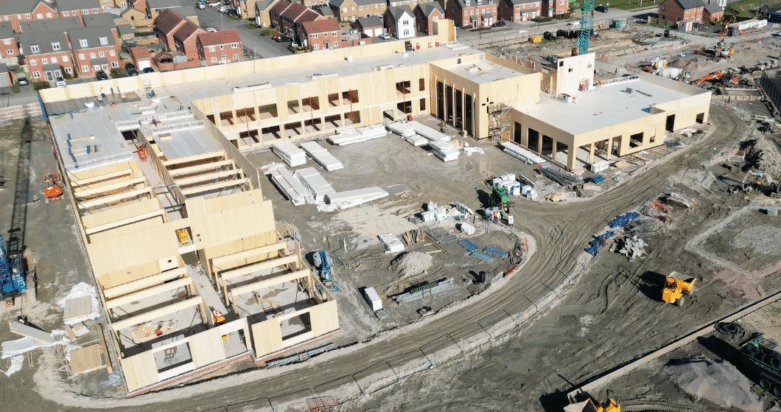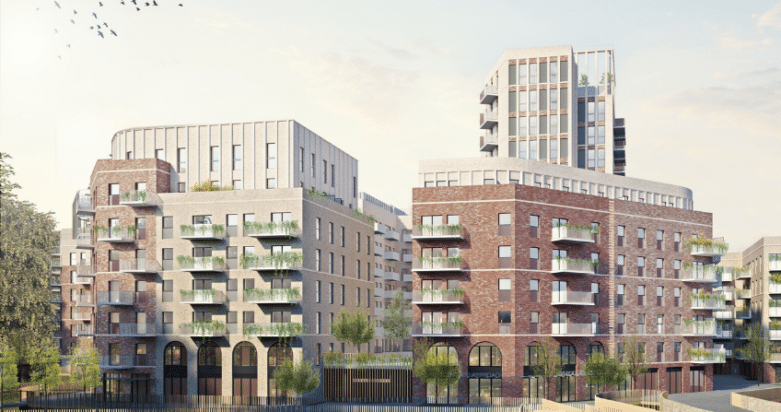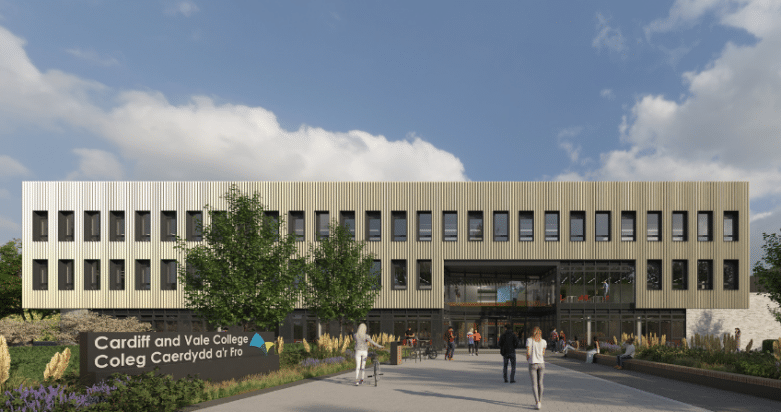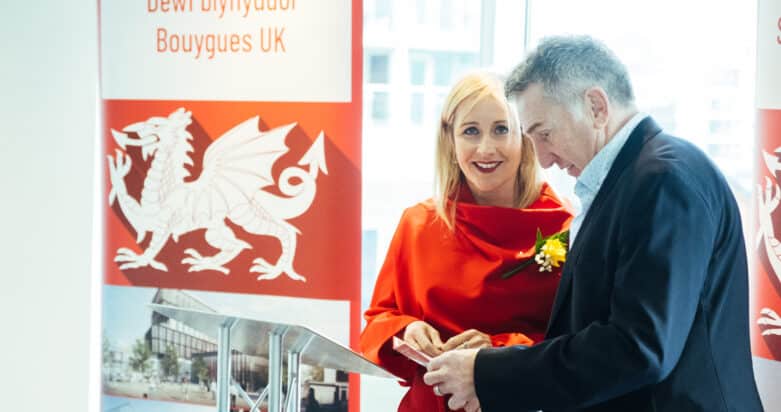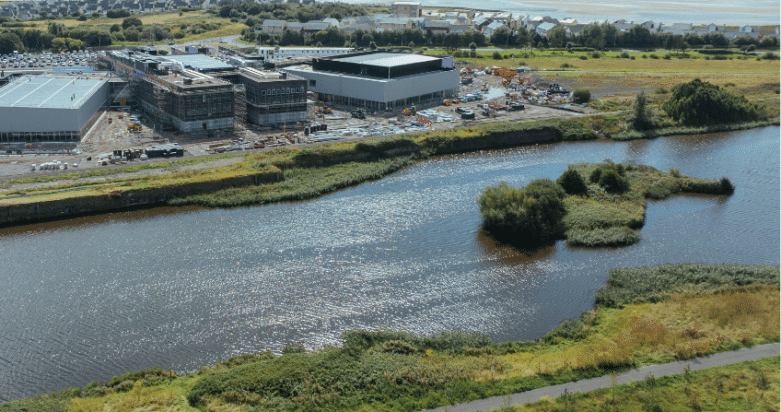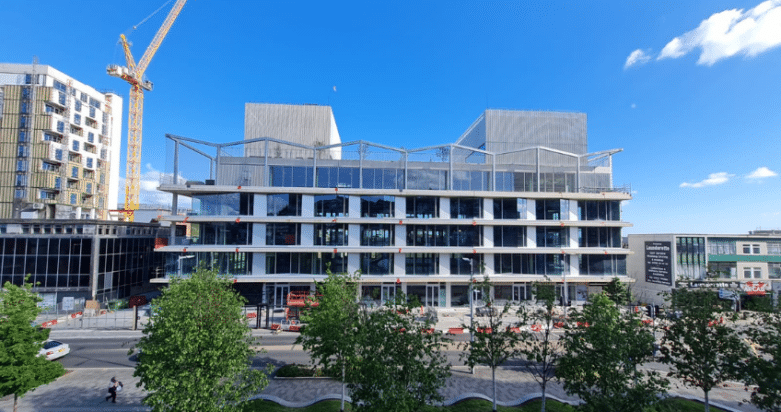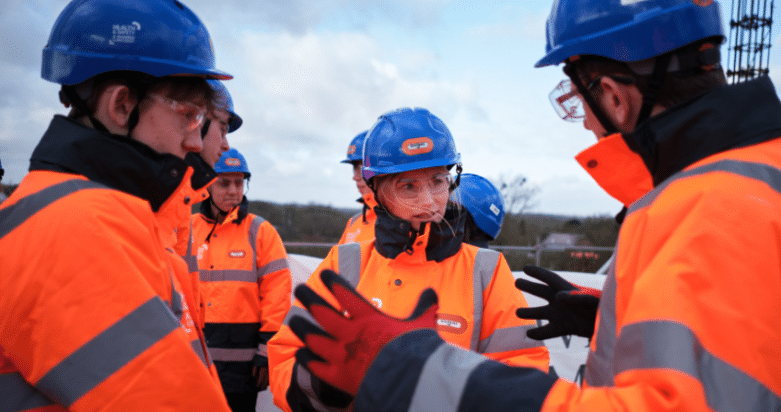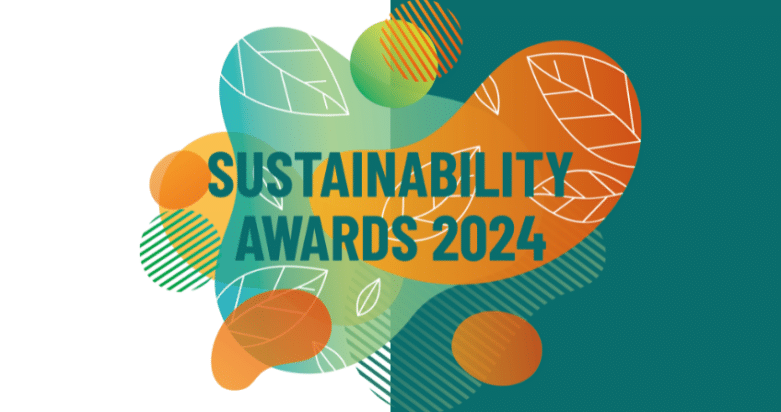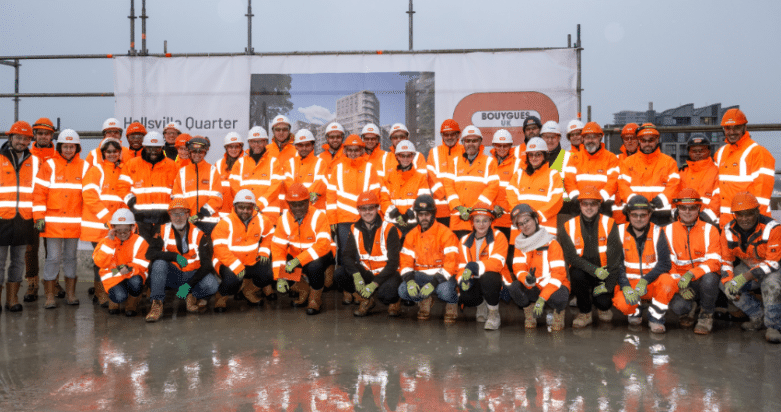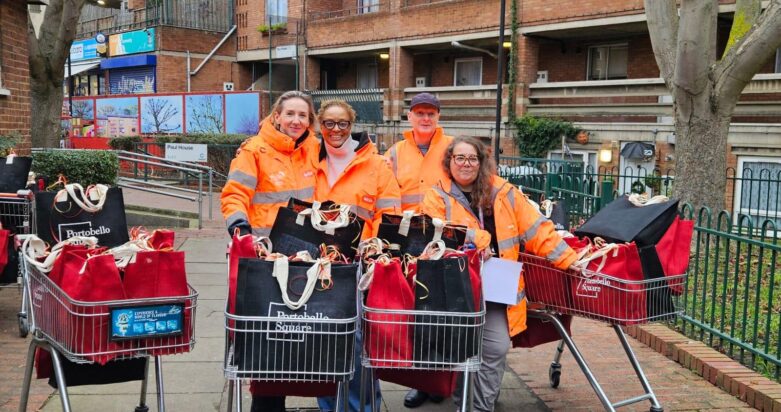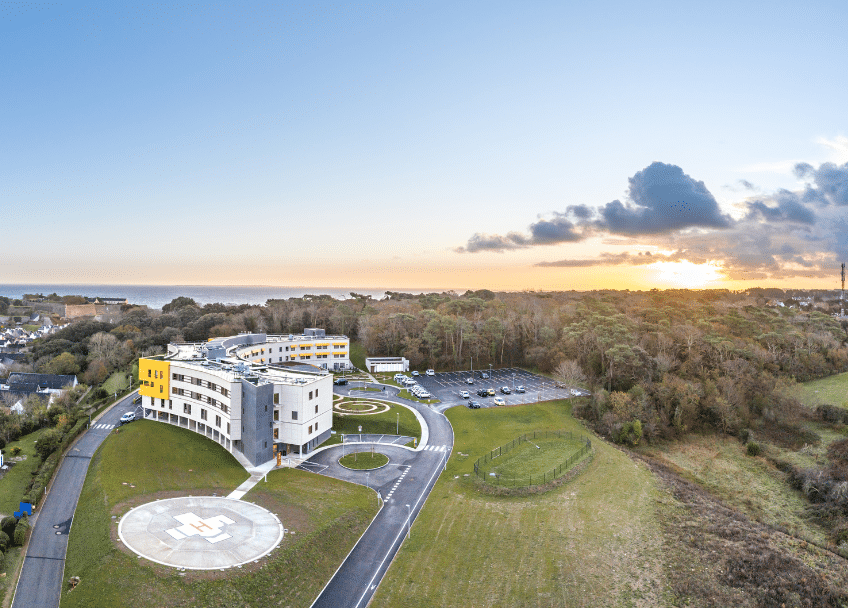
Towards Net Zero: Designing Sustainable Hospitals for a Greener Future
Author
Colin Boyd
Design Director
In an era where the impacts of climate change are undeniable, the need to create sustainable, energy-efficient healthcare facilities has never been more urgent. Achieving net-zero hospitals is a collaborative effort that requires, requiring the shared responsibility of healthcare providers, construction professionals, and government bodies. Only by embracing smart technology, adopting sustainable design principles, and ensuring robust operational systems, can we create the cleaner, more resilient healthcare infrastructure for the future.
At Bouygues UK, we recognise this. By working closely with our clients and supply chain, we put design at the forefront when constructing hospitals and paving the path toward a greener future.
Healthcare infrastructure is notoriously complex, necessitating advanced technology, robust supply chains, and heightened operational efficiency. The COVID-19 pandemic underscored the need for healthcare systems to be able to adapt rapidly to changing demands and the implementation of smart systems is crucial for this, facilitating the delivery of better patient care while reducing environmental impact.
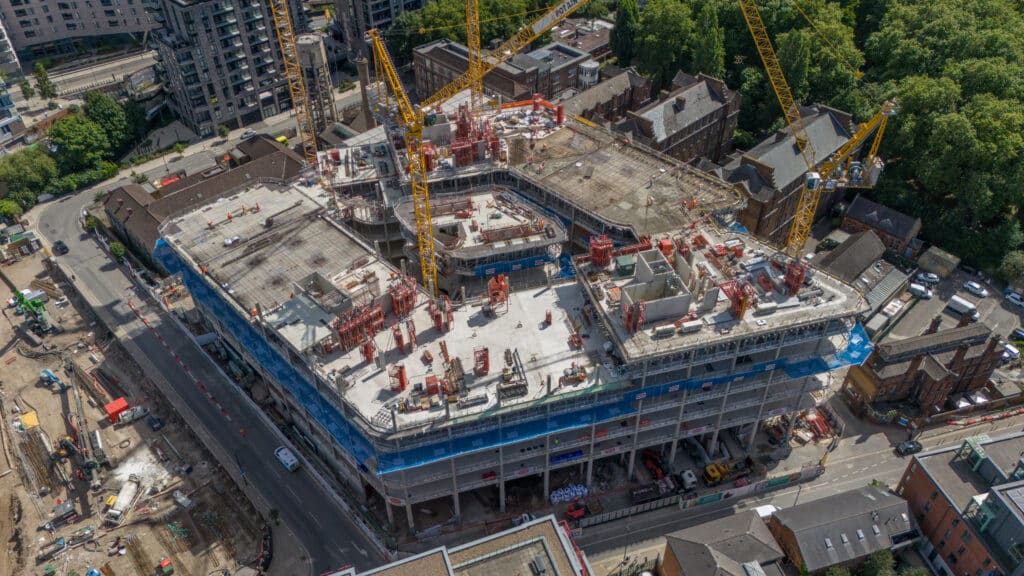
One of our flagship projects, the Oriel eye care centre in Camden, exemplifies our commitment to integrating smart technology in healthcare for the benefit of both the patients and the planet.
Oriel is a joint initiative between Moorfields Eye Hospital, London NHS Foundation Trust, the UCL Institute of Ophthalmology and Moorfields Eye Charity that will see services move from Islington to a brand-new integrated centre. This £300 million facility will not only be a hub for experts in eye care and research but also one of the smartest buildings of its kind in the UK.
Experienced gained from our global projects, such as the Humber River Hospital in Canada—North America’s first fully digital hospital— is ensuring Oriel is equipped with state-of-the-art systems. These include real-time location systems (RTLS) for tracking patients and assets, and smart digital technology systems to provide the right information at the right time.
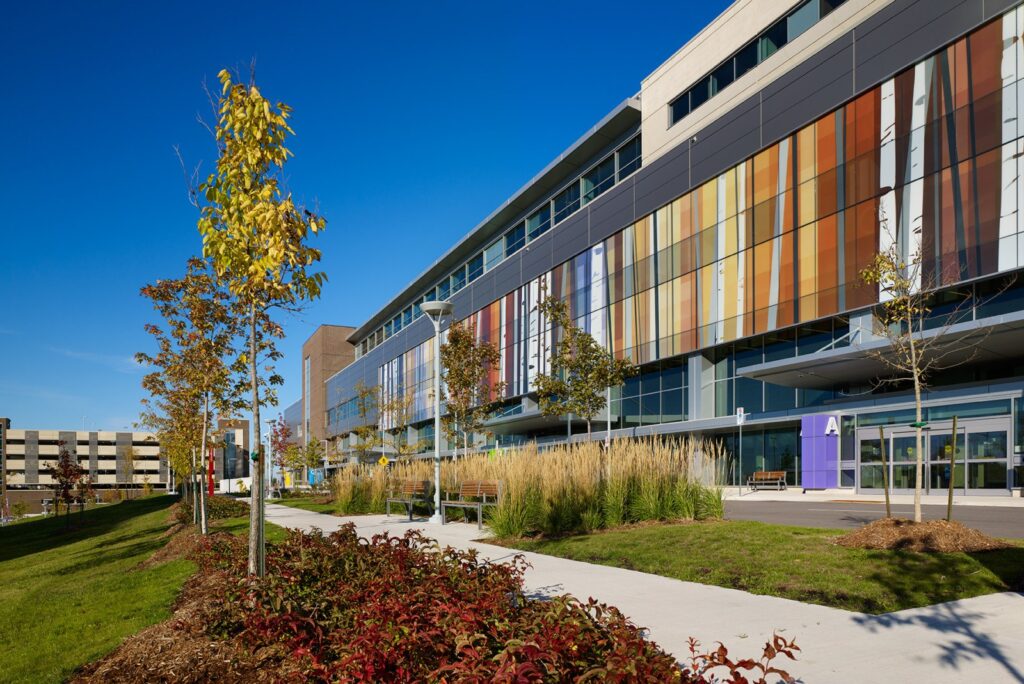
The journey toward net-zero emissions in healthcare also involves designing hospitals that operate entirely on electric power. This approach not only reduces carbon footprints but also ensures that hospitals are future-proofed against technological advancements and changes in energy standards.
One of the ways we mitigate our scope 3 emissions is through our “fabric first” approach which prioritises the building’s envelope, focusing on high-quality insulation, airtightness, and other design features that enhance energy efficiency. By reducing the need for mechanical heating and cooling, we can significantly lower the overall energy consumption. Coupled with smart systems, this approach ensures that energy usage is optimised, paving the way for sustainable hospital operations.
The Oriel project embodies this and through collaboration with our client, we are ensuring that the building’s lifecycle, from construction to operation, will be resilient to changes in technology, vendors, industry standards, building uses, and performance objectives. By employing Building Information Modelling (BIM) Level 2, we ensure that our designs are not only graphically accurate but also data-rich, allowing for better decision-making and operational efficiency.
At Bouygues UK, we believe that our legacy will impact generations to come. This belief drives us to continually seek new solutions to address climate change and resource sustainability across all the sectors within which we work. By incorporating clear carbon guidelines in all our projects, we work closely with clients, supply chain partners, and employees to reduce our environmental impact and enable communities to thrive for decades.
Our commitment extends beyond construction. Facilities management is a crucial part of ensuring that hospitals remain operational and efficient long after the construction phase. Our sister company, Equans, provides bespoke facilities management services, supporting hospitals across the UK, including a number of facilities built by Bouygues UK. This end-to-end support guarantees that our healthcare projects maintain their operational excellence and environmental standards.
As we look to the future, the demands on healthcare providers will only increase, driven by a growing global population and advancements in medical technology. Bouygues UK is well-positioned to meet these challenges. Our extensive experience in delivering complex healthcare facilities, combined with our pioneering spirit and innovative approach, ensures that we are building hospitals that are not only fit for today but also ready for the challenges of tomorrow.

